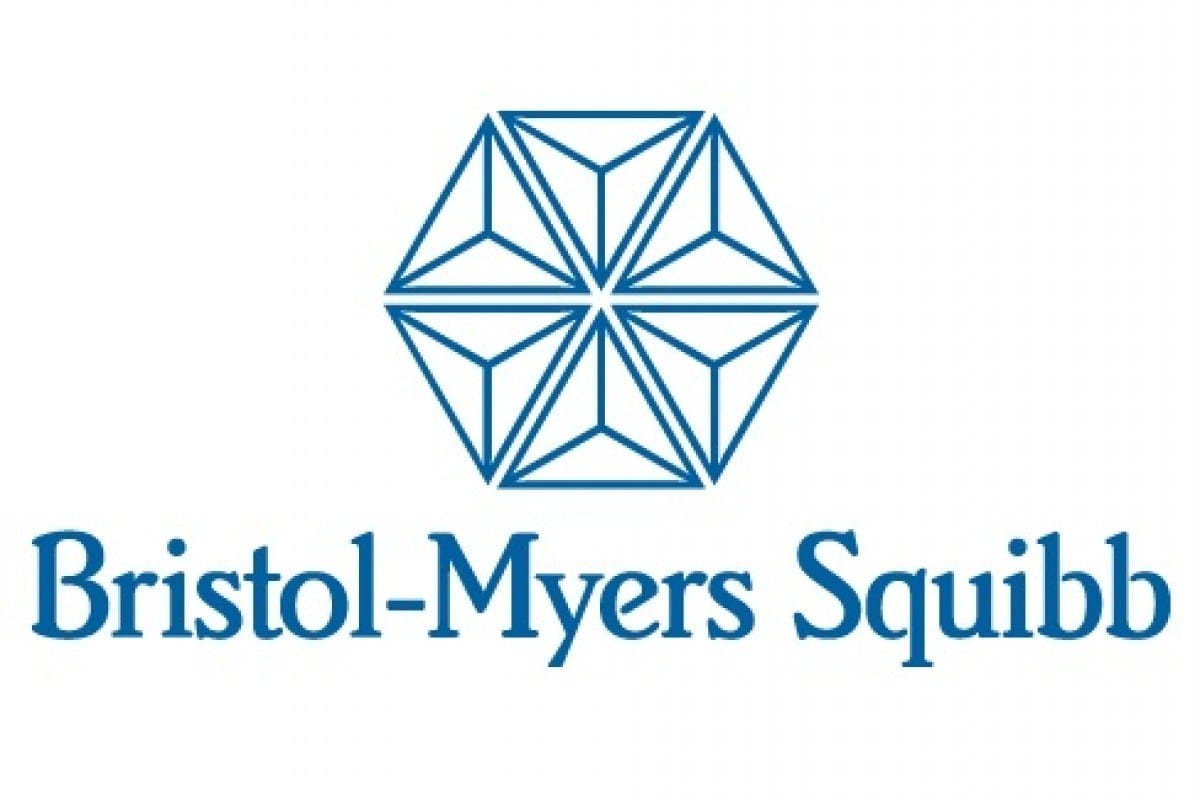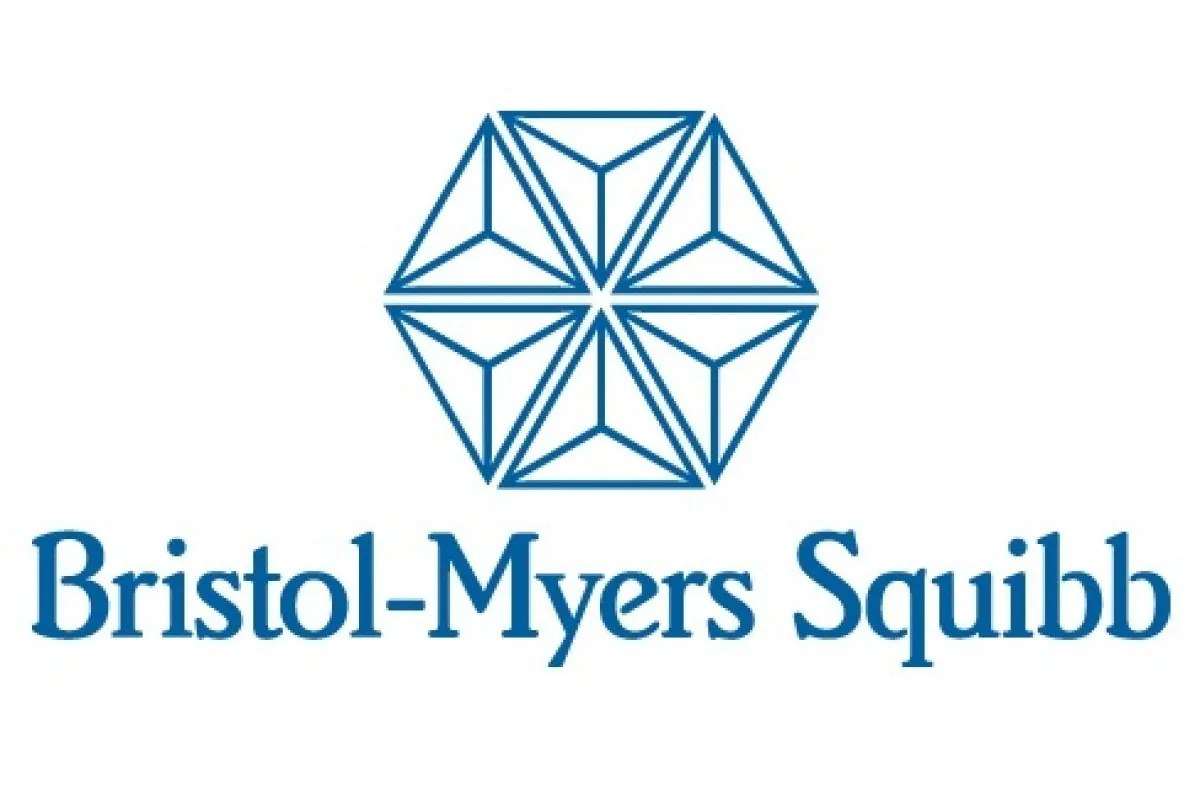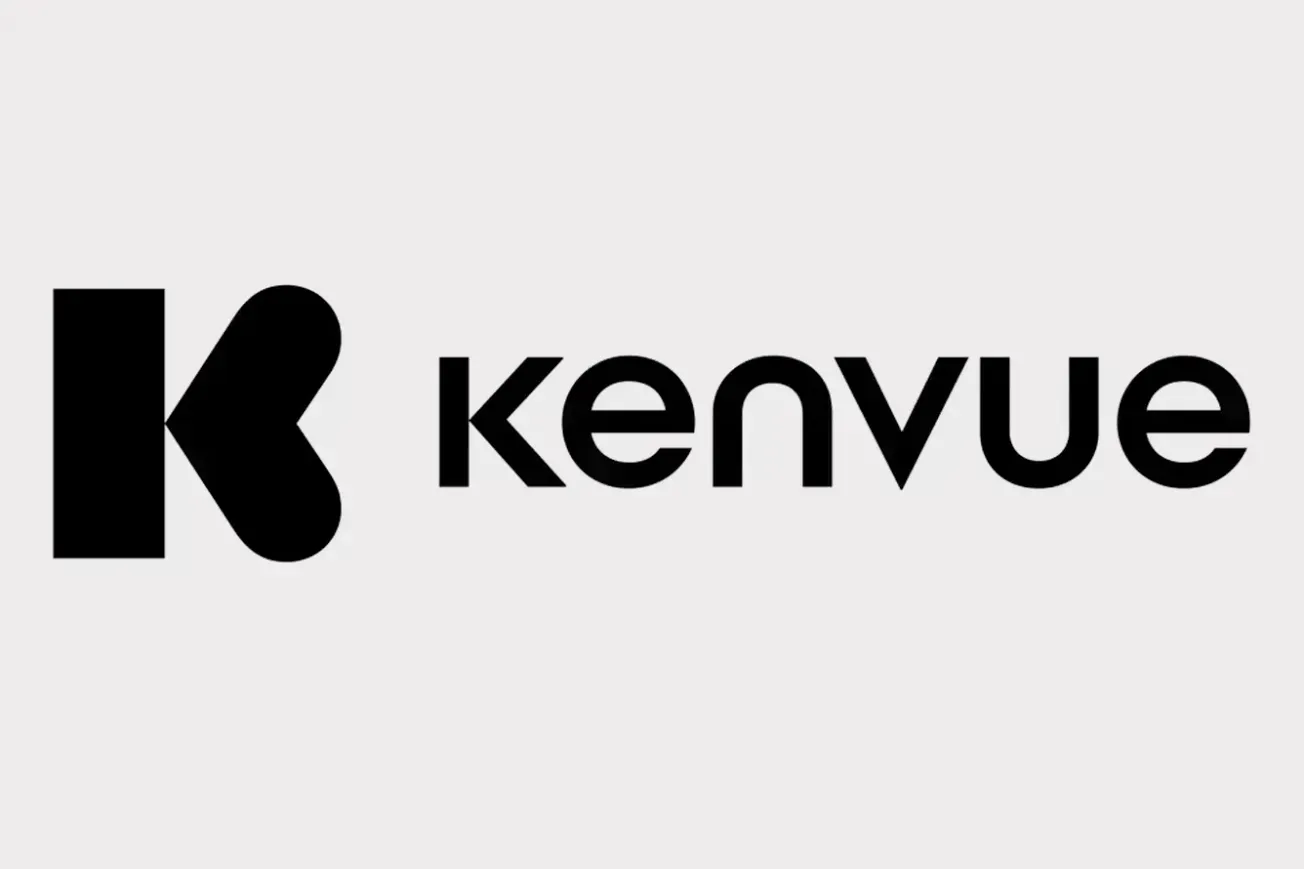PRINCETON, N.J. — Bristol-Myers Squibb Company announced that Opdivo (nivolumab) received approval from the U.S. Food and Drug Administration (FDA) as the first and only Immuno-Oncology treatment option for patients with metastatic small cell lung cancer (SCLC) whose cancer has progressed after platinum-based chemotherapy and at least one other line of therapy. Approval for this indication has been granted under accelerated approval based on overall response rate (ORR) and duration of response (DOR). Continued approval for this indication may be contingent upon verification and description of clinical benefit in confirmatory trials.

“At Bristol-Myers Squibb, we recognize the critical need to provide patients with cancer therapies that may offer more durable responses – particularly for those living with hard-to-treat, aggressive diseases like small cell lung cancer,” said Dr. Sabine Maier, development lead, thoracic cancers, Bristol-Myers Squibb. “This approval builds on our heritage of bringing Immuno-Oncology therapies to patients with other types of thoracic cancers. It also reinforces our commitment to bringing transformative treatments to patients in urgent need of effective new options.”
Opdivo is associated with the following Warnings and Precautions: immune-mediated pneumonitis, colitis, hepatitis, endocrinopathies, nephritis and renal dysfunction, skin adverse reactions, encephalitis, other adverse reactions; infusion reactions; and embryo-fetal toxicity.
This approval for Opdivo in patients with SCLC whose cancer has progressed after two or more prior lines of therapy was granted priority review from the FDA.
“While Immuno-Oncology innovations have dramatically changed how oncologists approach certain cancers, we have had limited progress for patients with small cell lung cancer,” said Leora Horn, associate professor of medicine, Ingram associate professor of cancer research, director of the thoracic oncology program and assistant vice chairman for faculty development, Vanderbilt University Medical Center. “Today’s approval of nivolumab is particularly exciting considering it is the first checkpoint inhibitor approved for these specific patients, and now we can finally treat this devastating disease from a different angle.”
Small cell lung cancer is one of two main types of lung cancer and accounts for about 10% to 15% of all lung cancers. Small cell lung cancer is an aggressive disease, and symptoms often are not detected until the cancer is at an advanced stage. In the United States, about 27,000 cases of SCLC are expected to be diagnosed in 2018. From the time of diagnosis, five-year survival rates for extensive stage SCLC, or Stage IV, are about 2%.
“Small cell lung cancer can be a very challenging disease, particularly for those who have already been through multiple types of treatment, as most patients relapse within a year of diagnosis,” said Andrea Ferris, president and chairman of LUNGevity Foundation. “This approval marks a major milestone for the patients touched by this unrelenting disease and may motivate them to pursue further treatment where there previously were no other approved options.”







